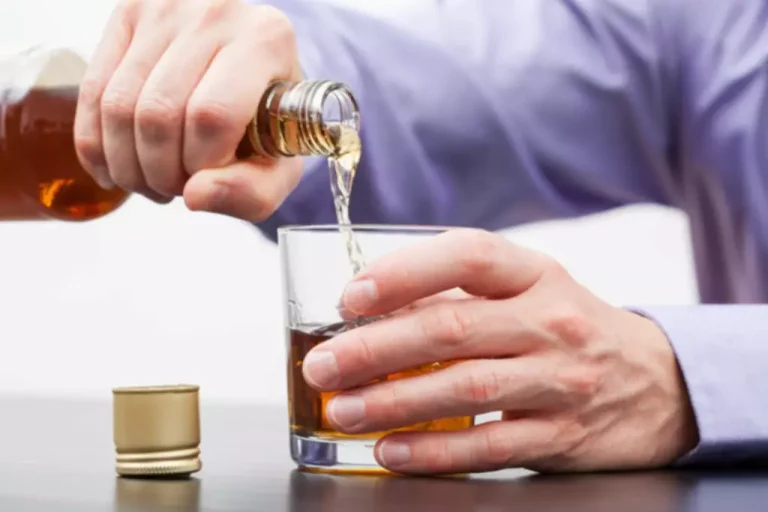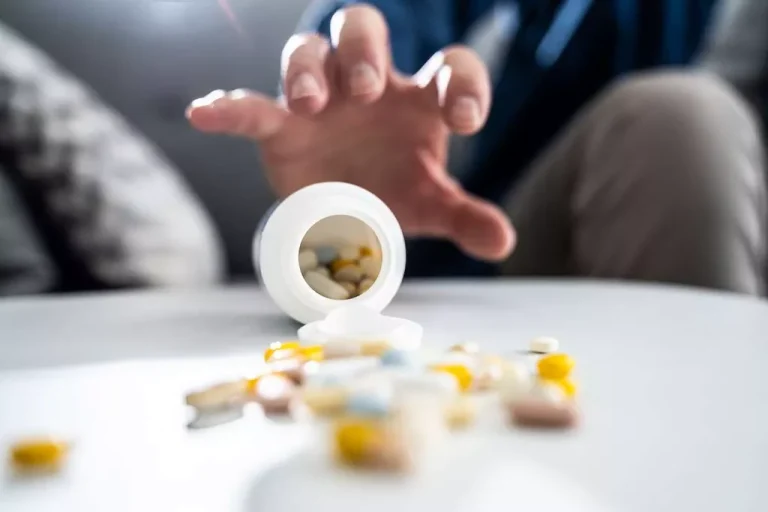
Psychoeducation groups can be an effective environment in which to explore themes around self-appreciation and gratitude. There are many ways you can structure your group psychoeducation sessions to facilitate learning and reflection. A variety of group activities can be incorporated in the termination phase to assist in this process and help group members transition out of group therapy. Closing activities should highlight important aspects and reinforce any themes of the session. These activities help to unite group members and encourage them to work on themselves outside of the session before the next meeting.

A Chronic Condition Demands Ongoing Care
Do something creative and have the group come up with a piece of artwork collaboratively. They might use thumb or handprints to create a picture or use individual talents to contribute to a mixed-media piece of art. Have group members end the session by going around the room and sharing a take-home affirmation they learned or recognized during the meeting. Closing group sessions is just as important as opening them with introductions. These might include inspiring quotes, small objects that symbolize strengths or accomplishments, or letters from loved ones.
Understanding the Role of Group Therapy in Substance Abuse Recovery
Let the group know before writing their fears that you will not ask participants to identify their fears openly within the group. This will help make the clients more comfortable to share if everyone remains anonymous. As with other good substance abuse group activities, this will allow everyone in the group to see that they all have fear, that they are not alone in their fears, and they can offer comfort to each other. https://ecosoberhouse.com/article/rappers-that-struggle-with-addiction/ Another important component of substance abuse group therapy is the ability to let go of grudges, rigid mindsets, and other unhealthy coping mechanisms that can reinforce reliance on substances. This process can be difficult and time-consuming, so many group members may have to work on this over time. Substance abuse group therapy focuses on facilitating groups of people who all face substance abuse problems.
Substance Abuse Group Therapy Activities for Recovery
- The more you learn about triggers and how to manage them, the easier it is to maintain your recovery.
- Ask group members to introduce themselves by sharing three weird, funny, or interesting things about themselves as an “ice breaker” for one of your addiction recovery support group activities, .
- Regular check-ins, anonymous feedback mechanisms, and collaboration with participants in adjusting the group’s direction contribute to its effectiveness.
- Deb’s involvement with both non- and for-profits organizations on both the East and West Coasts gives her a knowledge of treatment and options around the country.
Group therapy activities provide emotional connection, education, support, encouragement, and guidance that can improve mental, emotional, and physical wellbeing. In this article, we will list various group therapy activities to use in your practice. This exercise aims to elicit the cathartic benefits of expressive writing therapy, a popular positive coping intervention that was developed in the 1980s. It’s a slightly adapted take on traditional expressive writing, however, in that it includes some questions and prompts to stimulate and guide participants as they write.
Sound Therapy
The success of group therapy lies in its ability to create a safe and inclusive space where participants feel comfortable expressing themselves and exploring their emotions. Group dynamics, such as trust, respect, and confidentiality, are essential ingredients in fostering a supportive environment. Group members learn to provide support and hold each other accountable, ultimately helping each other navigate the challenges of recovery. Jane received her master’s degree in Clinical Counseling from Centenary University in 2022. Prior to her transition into the field of counseling, Jane worked for 10 years as a licensed massage therapist.
- Afterward, participants may be invited to share any surprising or revealing thoughts they had, if they feel comfortable doing so.
- Recognizing addiction as a chronic condition akin to other enduring health issues is essential.
- This complex, intense interpersonal experience can be filled with powerful interaction and meaningful activities.
- While doing so, you will scan your body for pain or other sensations, practicing non-judgment, and simply noticing what it feels like.
- There are several mindful balloon activities, but one of the easiest is the ‘balloon hacky sack.’ To play, you only have to sit in a circle and keep the balloon from touching the ground.
These questions will help group members to become more comfortable talking and sharing with others, as well as helping members learn about one another. Ask each member one of these questions or all of these questions if time permits, and encourage them to give it some thought and answer it honestly and in a meaningful way. These questions should be fun and interesting questions that will help the members get more comfortable talking about themselves. This worksheet includes an outline of a person or child with six boxes to fill in, three on each side.

You will get an idea of the atmosphere of a group therapy session with adolescents and a model of effective facilitation from the two therapists. In the video description, there is a link to the full video if you’re hungry for more. For this activity, the therapist should lead the group through a discussion of NUTS and ANTS, terms which can be used interchangeably when talking about the self-sabotaging habits we have. On the left side of the worksheet is a box labeled “Event.” The clients should think hard about when they first developed a particular schema and trace it back to the event that created it. For example, if a client feels they will never be good enough, perhaps this schema came from a parent who gave no praise for a big accomplishment or told the child they didn’t do well enough. This cognitive therapy worksheet can help clients trace the development of a particular schema and understand the subsequent reactions, sensations, and choices he or she makes.

- It’s very easy to become overwhelmed by the struggles and difficulties of substance abuse.
- It can be far too easy to believe that we are the only ones struggling and suffering from mental health or emotional problems, but this is far from the truth.
- Group therapy is used to guide clients through the process of gaining insight about themselves, others, and the world around them.
- We previously posted a list of 60 substance abuse group therapy activities to give readers an idea of what kinds of topics they might encounter during a theme/support group.
- It can be challenging for clients to recognize the positive aspects of their lives when they are shrouded in the struggles of a substance abuse disorder.
- These activities provide a structured and enjoyable approach to therapy sessions, making them more accessible and encouraging active participation.
When coping with stressors, group members focus on building confidence and reducing troublesome stress without judging themselves for their feelings. Whether you meet once a day or several times a week, expressive writing as a group will surely boost everybody’s mood. Group members can later challenge their anxious thoughts by living in the what are some ideas for substance abuse group activities? moment, remembering to pay attention to the present, and learning how to stay present. Spending time outdoors and engaging in nature-based activities can have a profound impact on individuals in recovery. Nature offers a peaceful and rejuvenating environment that can help relieve stress, promote relaxation, and enhance overall well-being.